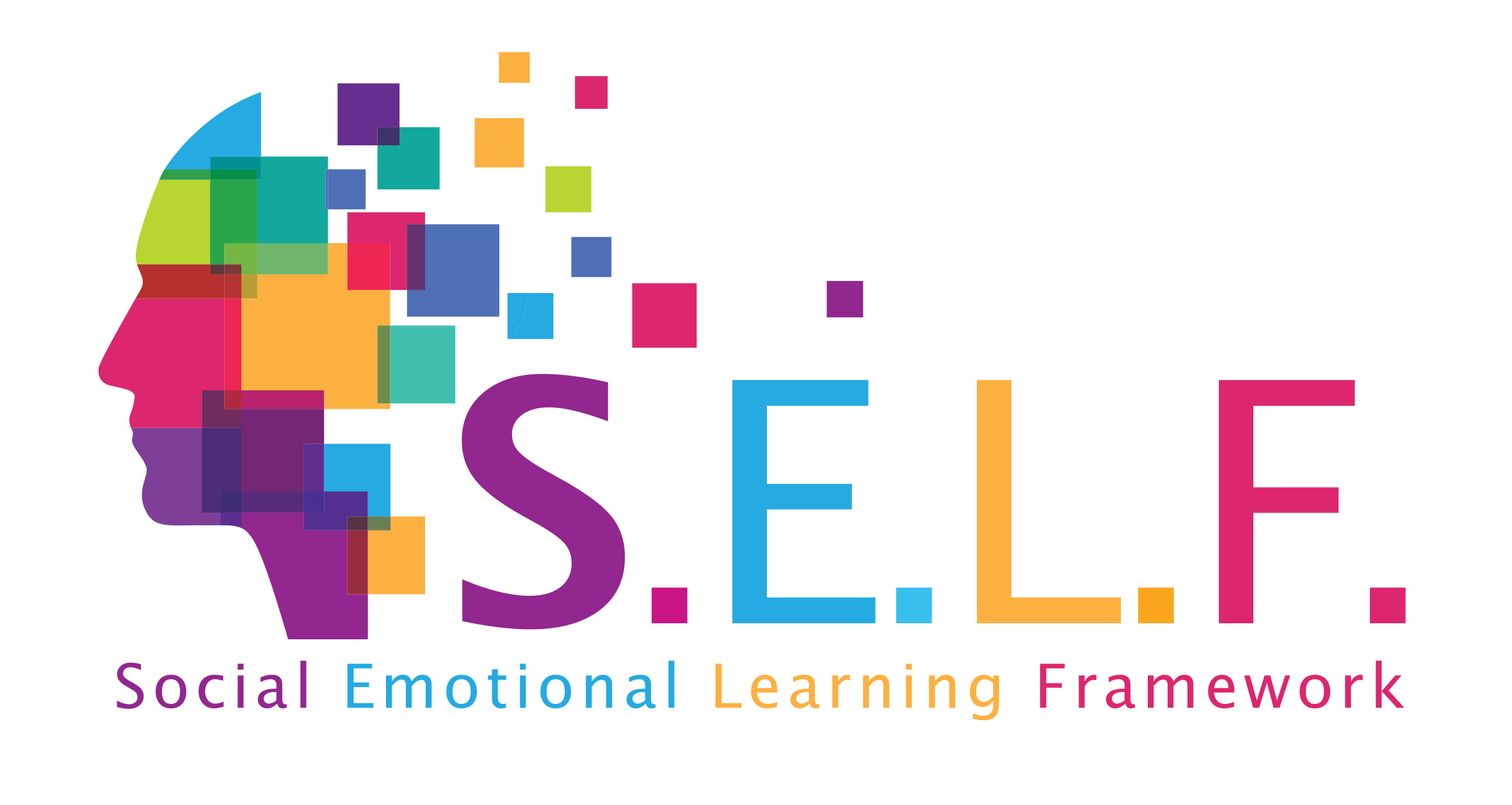SELF-AWARENESS
What Is Self-Awareness?
Why Is It Important?
Best Practices
What Is Self-Awareness?
“Rather than being your thoughts and emotions, be the awareness behind them”
Eckhart Tolle

Self-awareness is being mindfully aware of ourselves, our personality, feelings, behaviors, and our needs in life. Self-awareness help us make important choices, maintain a positive stance, and build healthy relationships. When we focus on ourselves, we can evaluate our present behavior and compare it to our own standards and values. We become objective evaluators of ourselves. The stronger self-awareness we demonstrate, the more impartially we can assess themselves and manage our feelings. We can then align our behavior with our values and correctly understand how others perceive us.
Why Is It Important?

When we focus on ourselves, rather than our surroundings, we can compare ourselves with our own standards of integrity. Such standards of integrity determine how we need to think, feel, and behave. These standards represent our own values, ideals, and beliefs.
We feel proud or dissatisfied depending on how our behaviors are aligned with our own values. When we are not satisfied with our behavior, we can make some changes to it to better adhere to our own standards. For example, we may choose a different attitude towards something we do not feel happy about.
When we attempt to consciously increase our self-awareness, we can conclude whether our values, passions, and goals are aligned with our current circumstances and emotions. Besides, we can understand how others see us by strengthening our relationships with others around us.
We can notice our strengths and weaknesses when we are aware of ourselves. Such awareness helps us set ideal goals for ourselves. We can use our strengths to improve our weaknesses. Self-awareness reminds us that we are capable of doing more than we can imagine, which means leaving our comfort zone. It may seem difficult to learn a new skill or overcome a weakness, but it is critical, as parents, for you to set an example for your children at this stage. You can support your children by talking about a skill they want to attain, and share the challenges you experienced yourself with them.
Negative emotions are hard to deal with; however, identifying those feelings is an important step to overcome them. Parents can assist your children in overcoming such feelings. You can help children understand how they can turn negative feelings into positive ones by inspiring them to talk about and express them. For example, you can tell your kid: “I am sad that it rains. I thought we would go to the park. But I am also really excited to stay home and solve jigsaw puzzle with you.”
